Movies by Jean-Gabriel Périot
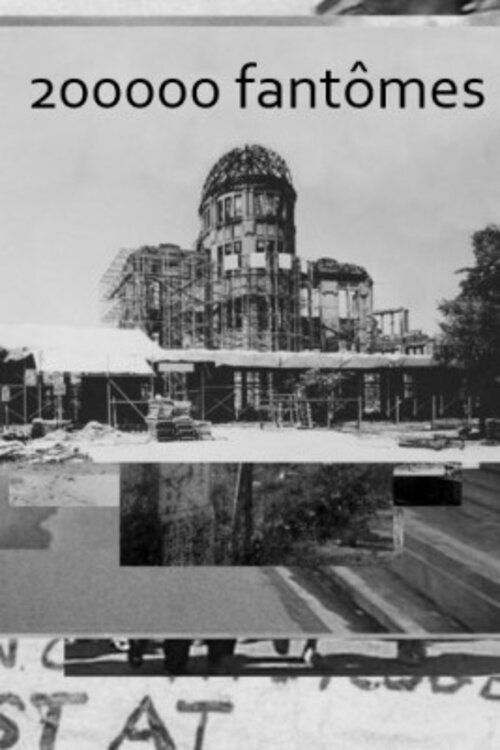
200,000 Phantoms
In 1914, the Czech architect Jan Letzel designed in the Japanese city of Hiroshima Center for the World Expo, which has turned into ruins after the atomic bombing in August 1945. “Atomic Dome” – all that remains of the destroyed palace of the exhibition – has become part of the Hiroshima memorial. In 2007, French sculptor, painter and film director Jean-Gabriel Périot assembled this cinematic collage from hundreds of multi-format, color and black and white photographs of different years’ of “Genbaku Dome”.
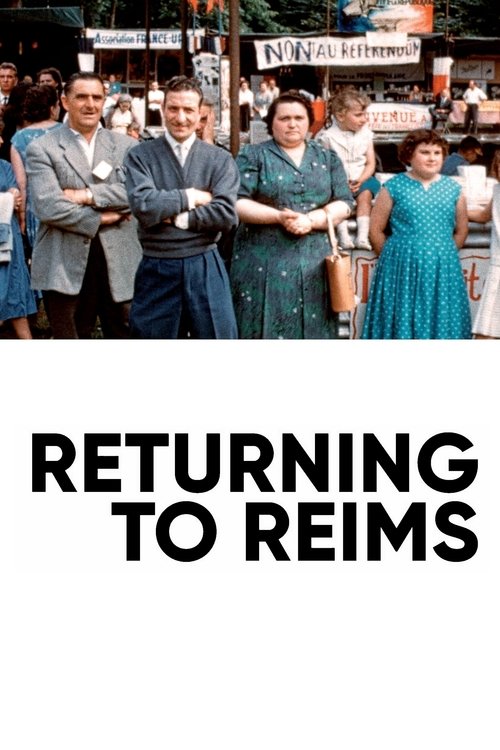
Returning to Reims
An intimate and political history of the French working class from the early 1950s to the present day.

Undo
Today's been sad. Tomorrow won't get any better. Let's un-do it all over again
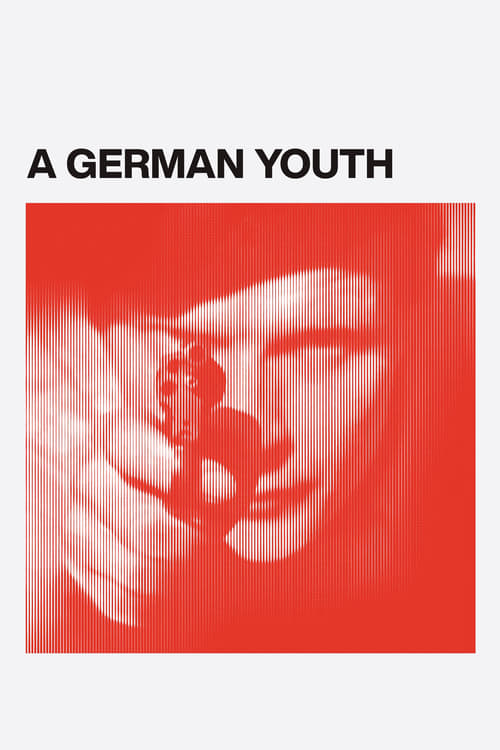
A German Youth
At the end of the 1960s the post-war generation began to revolt against their parents. This was a generation disillusioned by anti-communist capitalism and a state apparatus in which they believed they saw fascist tendencies. This generation included journalist Ulrike Meinhof, lawyer Horst Mahler, filmmaker Holger Meins as well as students Gudrun Ensslin and Andreas Baader.
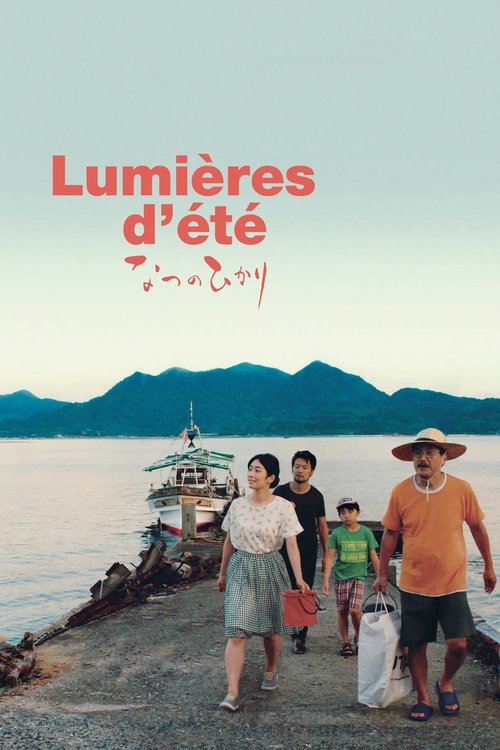
Summer Lights
On the 70th anniversary of the atomic bombing of Hiroshima, Akihiro, a native Japanese filmmaker living in Paris, travels to Japan to interview survivors for a documentary commemorating the victims of the attack. Deeply moved by the interviews, he decides to take a break to wander through the city during which he meets Michiko, a merry, enigmatic young woman. Michiko takes him for a joyful and improvised journey from the city towards the sea where the horrors of the past are mingled with the simplicity of the present.

Même le vent semble pleurer
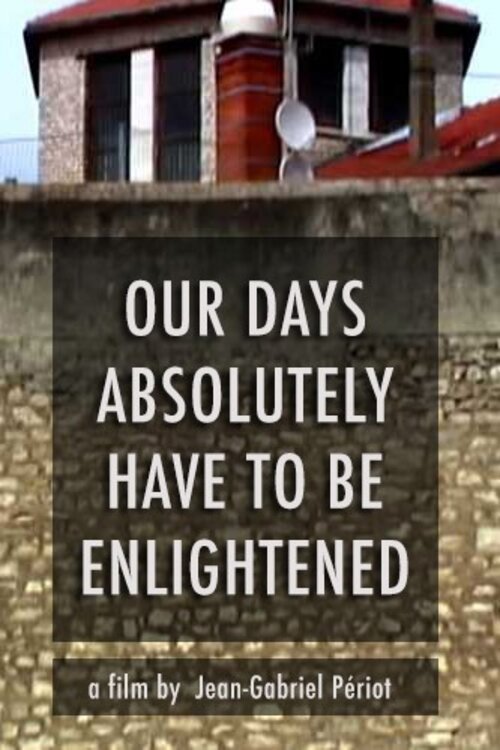
Our Days, Absolutely, Have to Be Enlightened
A documentary experiment of great emotional power, about freedom and the strength of human affective bonds. We witness a concert given by the inmates of a prison in Orléans. Yet, they remain unseen, beyond the prison walls, all along the film, while the camera looks at those who listen to the music outside, in front of the prison. Silent emotions, the rapt faces of the listeners, humming along the prisoners, and their unrevealed personal histories, form a human gallery of potential stories, born out of the viewer's imagination.

The Delicate Art of the Bludgeon
About police men's sensibility.

The Devil
Documentary short about the Black Panther movement.

All Effort of Men
Whaling has been around for centuries. It seems to be the fruit of man’s violence, destroying himself by destroying nature. Accompanying the rise of capitalism, the practice survives today, reflecting humans’ eternal destructiveness of nature and the creatures unable to resist them.